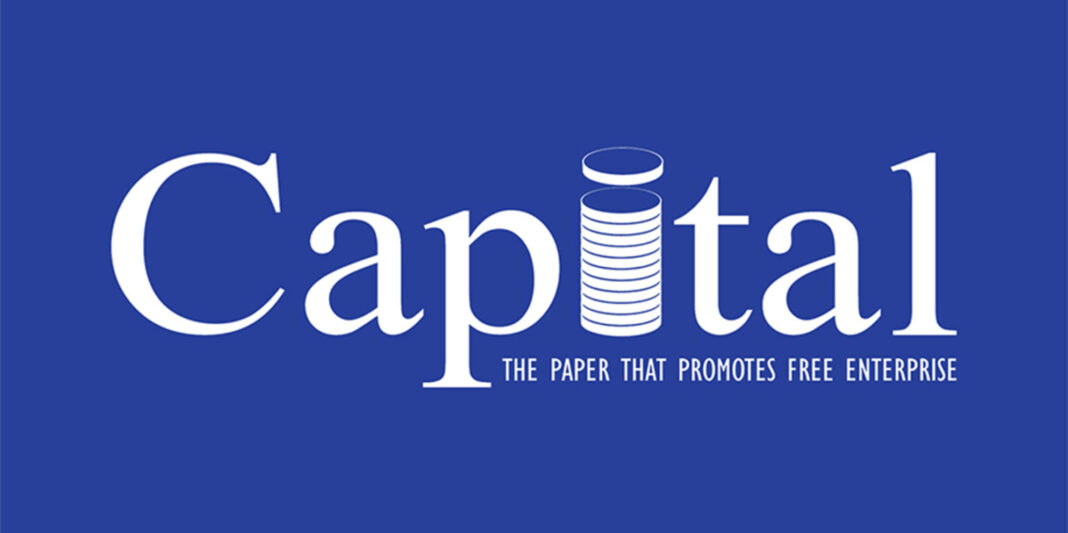Generation Z (Gen Z), typically defined as individuals born between 1997 and 2012, is quickly moving from being a fringe demographic to a dominant force reshaping the global economic landscape. As the first true digital natives, their distinct values, consumption habits, and approach to work are not just influencing markets but fundamentally redefining the concept of economic development itself. In the coming decades, their spending power and participation in the workforce will be crucial to global prosperity, but their path is marked by both unprecedented opportunity and considerable economic challenges.
Gen Z’s economic impact is primarily driven by two factors: their sheer size and their digital-first mindset. Gen Z is projected to be the largest cohort in the global population within the next decade. Their collective income and spending are on a steep upward trajectory. By 2040, their global income is expected to surge dramatically, positioning them as an extremely influential consumer group.
Digital Commerce Engine – having grown up with the internet and social media, Gen Z’s preferences overwhelmingly favor e-commerce and tech-compatible services. They use digital platforms for everything from shopping to research, driving massive growth in online retail, digital content, and platform-based services.
Experience Over Possession – this generation often prioritizes experiences (like travel, entertainment, and dining) over traditional material possessions, a trend that is rapidly transforming the discretionary spending sectors of the economy. They are also known for higher discretionary and necessity spending growth compared to older generations.
Conscious Consumerism and Sustainable Development is a pivotal issue. Perhaps the most disruptive element of Gen Z’s economic presence is their alignment of spending with their values. Shaped by global issues like climate change and social inequality, they are driving a major shift toward conscious consumerism.
Demand for Sustainability – a significant majority of Gen Z consumers are willing to pay a premium for products and services that are sustainable, ethically sourced, and environmentally friendly. This demand forces companies to adopt environmentally responsible practices and transparency in their supply chains, thus directly influencing the trajectory of sustainable economic development and corporate social responsibility.
Brand Accountability – Gen Z expects brands to be authentic, align with their social values, and take a stand on global issues. Companies that fail to demonstrate commitment to social and environmental accountability risk alienating this powerful consumer base.
Reshaping the future of work is worth noting. The influx of Gen Z into the workforce is fundamentally altering traditional employment structures, labor market dynamics, and the employer-employee relationship.
Regarding the rise of the Gig Economy and Entrepreneurship, Gen Z is less trusting of traditional, linear career paths and has witnessed economic volatility, contributing to a pragmatic and independent approach to work. They highly value flexibility, work-life balance, and autonomy—characteristics that make the gig economy and ‘side hustles’ particularly appealing. The ability to work on their own terms and craft a unique career narrative is a significant driver.
As digital natives, they leverage technology to create multiple income streams, develop skills, and engage in entrepreneurial ventures, often contributing to the thriving “Creator Economy.” This blend of freelancing and entrepreneurship generates wealth outside of traditional employment models, injecting agility into the labor market.
Gen Z demands more from their employers than just a salary. They are pushing for workplaces that prioritize growth, mental health, and purpose. Prioritization of Well-being: This generation places a high value on mental health and overall well-being, often setting clear boundaries between work and personal life. Employers are increasingly expected to offer comprehensive well-being support and a flexible working environment.
Meaning and Purpose – Gen Z seeks meaningful careers that allow them to make a positive social impact. They are motivated by working for companies whose missions align with their personal values, pressuring businesses to be not just profitable, but also good global citizens. Digital and Collaborative Skills – their innate tech-savviness brings a wealth of digital skills, an expectation for state-of-the-art workplace technology, and a preference for collaborative, less hierarchical team structures.
Regarding economic challenges and policy implications, while Gen Z brings significant disruptive power, they also face unique economic headwinds that pose challenges to achieving robust and inclusive economic development. Many Gen Zers are entering the workforce amidst high costs of living, rapidly increasing housing prices, and significant student debt. This financial pressure, combined with economic uncertainty, can hinder capital formation and long-term financial stability.
Despite their high skill levels, some Gen Z graduates face challenges with unemployment or underemployment (working in roles below their qualifications), especially as industries rapidly adopt AI and automation. This creates a risk of a “skill mismatch” if educational institutions and employers do not adapt quickly enough.
To maximize Gen Z’s positive economic contribution, public policies must adapt. This includes developing new social safety nets for gig economy workers, reforming education and training to focus on future-of-work skills (especially in AI and digital literacy), and supporting mental health initiatives.
In summary, Generation Z is not merely inheriting the global economy; they are actively rebuilding it in their image. Their twin emphasis on digital fluency and ethical purpose is driving innovation, sustainability, and a fundamental rethink of what work, consumption, and value truly mean in the 21st century. Their success, and by extension, the success of the future global economy, will depend on how effectively institutions and businesses can adapt to their unique demands and harness their transformative energy.





